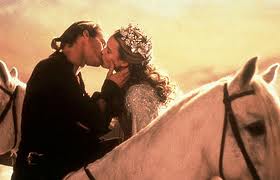We don't know for certain what lies much further than our own cosmic doorstep right now. We have sent machines further and further away to look for us, but comparatively, our breadth of knowledge is small, and we are all making educated guesses. When we look to the past, whether we choose the lens of faith or the lens of skepticism, we all presume. Science is at its root observation, and whatever happened in the beginning, no human being observed it.
What we do observe now is beautiful and exciting and inspiring. It is mysterious. Our machine ambassadors have captured images of "the Great Dance" that make us long to see more of it. We recognize our kinship to the universe around us, and like hopeful orphans, we are coming as fast as we are able, suitcase in hand, to meet our distant relations.
I hope that we come with what is best in us as human beings. I hope that we come with gratitude and daring, with openness and amazement, with curiosity and goodwill. I hope that the farther we travel from home, the more we can name it and every person in it dear to us - fellow beings that we love for their similarities to us and prize for their differences. I hope that all of us can learn to love the questions that remain to us, as well as all of those who ask them.
Read Dawn Hyperdrive and the Galactic Handbag of Death as an e-book at Amazon or Smashwords, or order it as a paperback through my website beginning next week!


















































